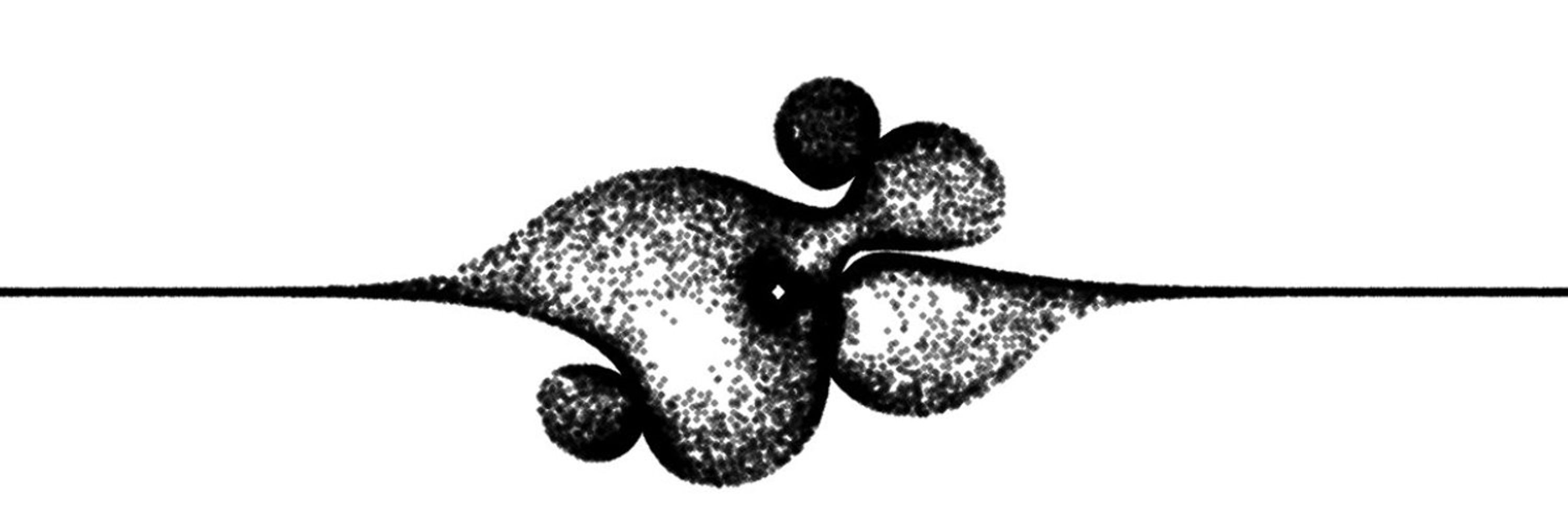
MVA/CentraleSupélec alumni
I was talking about some lists I saw like "hey guys I made a list of all HF employees, block them all". They don't live in the real world
I was talking about some lists I saw like "hey guys I made a list of all HF employees, block them all". They don't live in the real world
But I'd argue your pretraining dataset is *big* compared to the diversity of the simulation tasks (low). Real world robotics is so much more complex/continuous/large dim that I'm afraid we may need wayyyy to much tokens for now to be able to train something like this
But I'd argue your pretraining dataset is *big* compared to the diversity of the simulation tasks (low). Real world robotics is so much more complex/continuous/large dim that I'm afraid we may need wayyyy to much tokens for now to be able to train something like this
- open source implementation already coupled to a cheap table-top arm that I could buy (ViperX), integration is so hard and it saved me a lot of time
- Proof of existence of a good robot policy with few parameters < 100M
- good init for finetuning
- open source implementation already coupled to a cheap table-top arm that I could buy (ViperX), integration is so hard and it saved me a lot of time
- Proof of existence of a good robot policy with few parameters < 100M
- good init for finetuning
I do agree that Diffusion Policy, Octo and such made it 100x easier to have something
I do agree that Diffusion Policy, Octo and such made it 100x easier to have something
I'd guess we need to work on continual pretraining / neuron-level finetuning. Maybe need to go beyond SGD on dense layers...
I'd guess we need to work on continual pretraining / neuron-level finetuning. Maybe need to go beyond SGD on dense layers...
2. Define too much. In my experience with a few 100s demo (takes a day) you can solve some nice non-trivial tasks
But we are using a secret sauce for finetuning I can't spill yet
3. Depends on the generalization type
2. Define too much. In my experience with a few 100s demo (takes a day) you can solve some nice non-trivial tasks
But we are using a secret sauce for finetuning I can't spill yet
3. Depends on the generalization type
If you try zero-shot on new objects, sure I'm not surprised, the generalization capabilities are oversold, but it's not hard to figure out why: domain gap.
But with proper fine-tuning Octo small is very good on any tasks we tried and Octo base even better.
If you try zero-shot on new objects, sure I'm not surprised, the generalization capabilities are oversold, but it's not hard to figure out why: domain gap.
But with proper fine-tuning Octo small is very good on any tasks we tried and Octo base even better.

